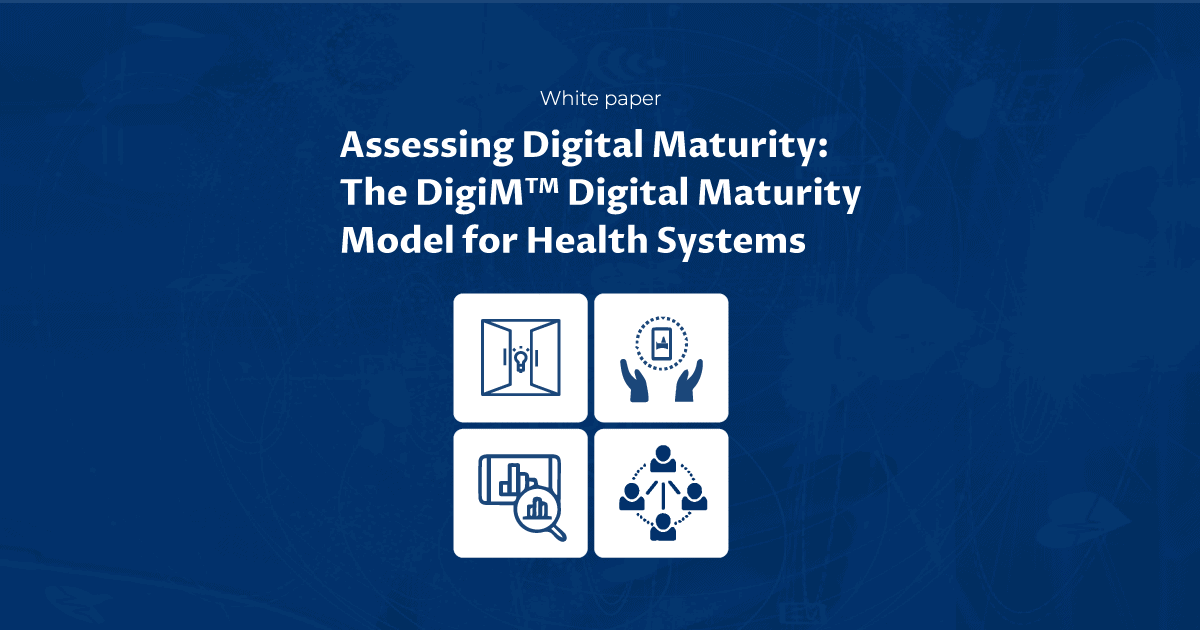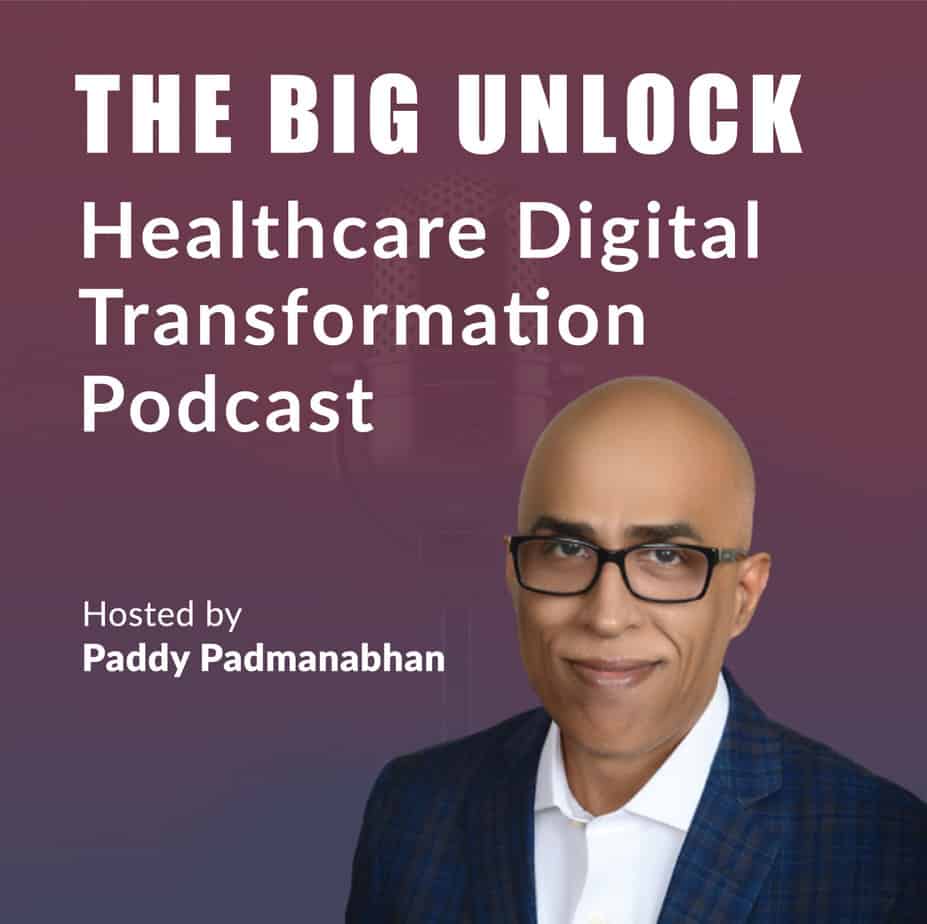One of the key drivers of digital transformation is patients’ expectations of online experiences at various engagement touchpoints in accessing and receiving healthcare services. Success with digital health programs requires patients, physicians, and caregivers to interact with each other at multiple online touchpoints facilitated by digital technology. It also involves transforming the IT infrastructure and investing in robust data management and advanced analytics capabilities
The shift to virtual care models has also forced healthcare enterprises to review their organizational models to drive healthcare digital transformation in the post-COVID-19 era. Digital health is an IT-enabled capability; however, it is not necessarily IT-led. Digital transformation requires a deep appreciation of consumer experience journeys, cross-functional collaboration to enable seamless workflows, and robust technology architecture to implement digital roadmaps and priorities. Healthcare enterprises are at varying levels of maturity today in their digital transformation journeys.
Damo Consulting’s DigiMTM model is a framework that describes the different stages of digital maturity in the specific context of health systems. The framework is supported by an automated online evaluation tool that scores the digital programs of individual health systems and provides benchmarks to drive incremental investments and roadmap execution priorities.
The DigiMTM framework is also a useful guide for health IT and digital health technology firms to segment their target markets and identify their target customers.



